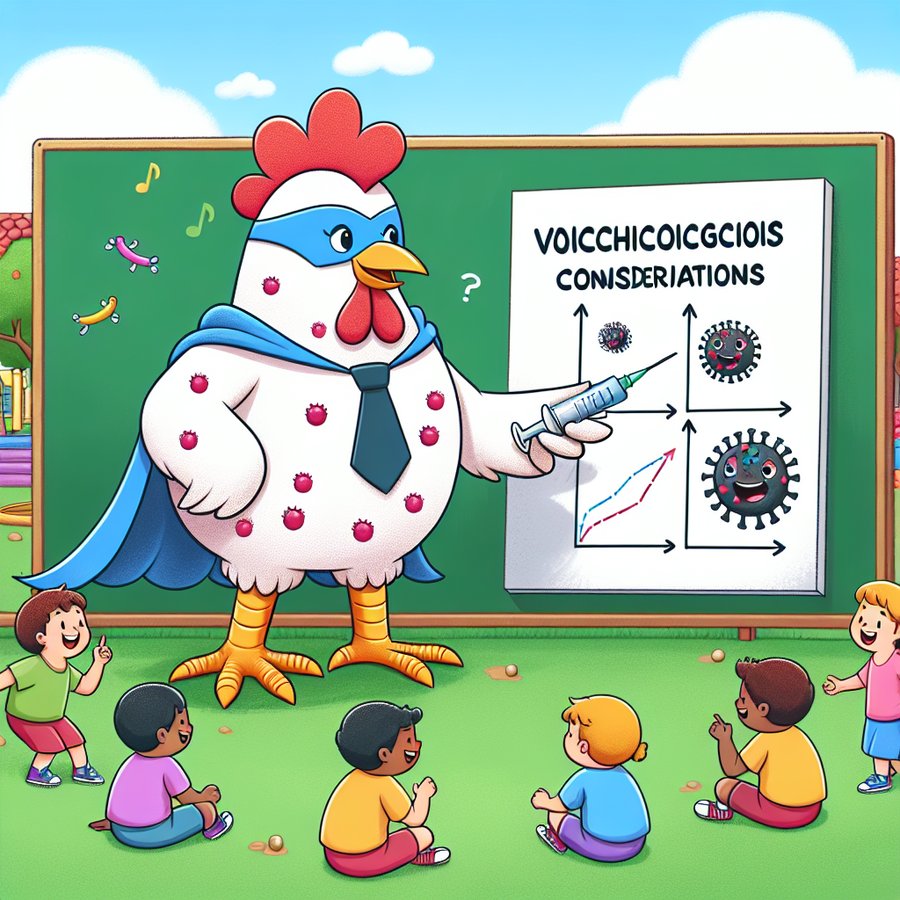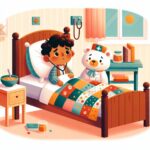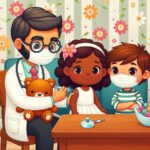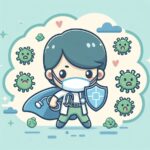Zoster, commonly associated with chickenpox and shingles, presents a significant concern for parents navigating the health and wellness of their children. With the advent of vaccines, understanding Zoster (Chickenpox and Shingles vaccine considerations) becomes imperative to make informed decisions about your child’s health. This article aims to demystify the complexities surrounding the Zoster vaccine, addressing common queries and providing insights to ensure your little one is well-protected.
What is Zoster and Why is Vaccination Important?
Zoster refers to the virus responsible for chickenpox in children and shingles in adults. Chickenpox is highly contagious and can lead to serious complications, especially in babies, pregnant women, and individuals with weakened immune systems. Shingles, although less common in children, can occur in those who have previously had chickenpox, causing painful rashes and long-term nerve pain. Vaccination serves as a critical tool in preventing these diseases and their associated complications.
According to the Centers for Disease Control and Prevention (CDC), the chickenpox vaccine is recommended for children under age 13 who have never had chickenpox. It not only reduces the risk of developing the disease but also diminishes the severity should infection occur. For more detailed guidance, visit the CDC’s official chickenpox vaccine page.
Understanding Zoster Vaccine Scheduling for Children
The Zoster vaccine is administered in two doses to ensure optimal protection against chickenpox. The first dose is typically given at 12-15 months of age, followed by a second dose at 4-6 years of age. Adhering to this schedule is crucial for building and maintaining immunity over time.
However, for children 13 years and older who have never had chickenpox or the vaccine, the recommendation is two doses at least 28 days apart. It’s also worth noting that in certain situations, such as outbreaks or for children with specific medical conditions, an alternate schedule may be recommended by your healthcare provider.
Zoster (Chickenpox and Shingles Vaccine Considerations): Safety and Side Effects
One of the primary concerns for parents is the safety and potential side effects of the Zoster vaccine. It’s reassuring to know that the vaccine is considered very safe for most children. Common side effects are mild and may include soreness at the injection site, fever, and a mild rash.
Severe reactions are extremely rare. However, as with any medical intervention, it’s crucial to discuss any existing health conditions your child may have with your healthcare provider before vaccination. This includes if your child has any severe allergies, is taking medication that affects the immune system, or has had a history of certain health conditions.
Addressing Common Concerns: FAQs on Zoster Vaccination
Parents often have questions and concerns when it comes to vaccinating their children. Here are answers to some frequently asked questions about the Zoster vaccine:
- Can my child receive the Zoster vaccine if they’ve already had chickenpox? Yes, children who have had chickenpox can still benefit from the vaccine to prevent future occurrences or reduce severity.
- Is the Zoster vaccine required for school entry? Requirements vary by state and country, but many regions do require the chickenpox vaccine for school and daycare entry.
- How effective is the Zoster vaccine? The chickenpox vaccine is about 90% effective at preventing chickenpox. For those who do get chickenpox after vaccination, the illness is usually milder with fewer blisters and little to no fever.
- Can the Zoster vaccine prevent shingles in children? While the primary goal of the Zoster vaccine is to prevent chickenpox, there is evidence to suggest it may also reduce the risk of developing shingles later in life.
In conclusion, the Zoster vaccine is a key component in protecting children against chickenpox and potentially shingles. By understanding the vaccine, its scheduling, safety, and addressing common concerns, parents can make informed decisions for their child’s health and wellbeing. Remember, when in doubt, consult your healthcare provider for personalized advice and recommendations.
For further reading on related topics, consider exploring our articles on Immunizations, Febrile Seizures, and Chickenpox.













